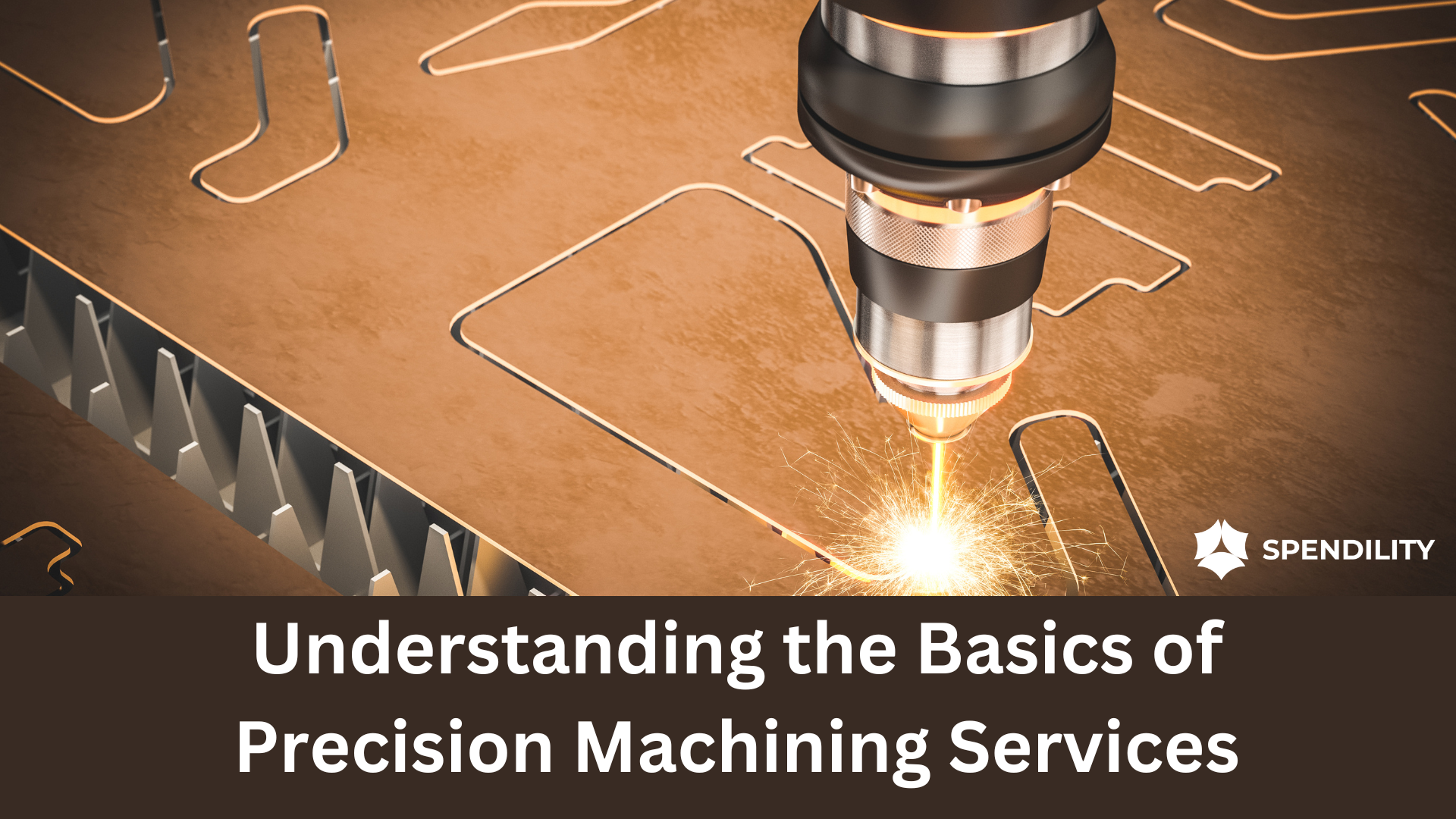Precision machining services are essential in today’s manufacturing landscape, providing the capability to produce complex components with extremely tight tolerances. This article delves into the fundamentals of precision machining, highlighting its processes, applications, benefits, and the latest industry trends. By the end, you’ll have a comprehensive understanding of why precision machining is critical across various sectors.
What is Precision Machining?
Precision machining is a manufacturing process that involves removing material from a workpiece while maintaining close tolerance finishes. The objective is to produce parts with precise dimensions and intricate geometries. This process is crucial in industries where accuracy is paramount, such as aerospace, automotive, electronics, and medical devices (Jinming) (SYTECH).
Key Processes in Precision Machining
- CNC Milling and Turning: CNC (Computer Numerical Control) machines are the backbone of precision machining. CNC milling involves rotating cutting tools to remove material, while CNC turning uses a lathe to produce cylindrical parts. These processes are highly automated, ensuring high precision and repeatability.
- Electrical Discharge Machining (EDM): EDM is used for cutting intricate contours and cavities in hard materials. It involves creating electrical discharges (sparks) between an electrode and the workpiece, which erodes the material in a controlled manner (Trace-A-Matic).
- Grinding and Drilling: Grinding enhances the surface finish and dimensional accuracy of the workpiece, while drilling creates precise holes. These processes are essential for achieving the desired specifications of the final product (SYTECH) (Momentum Manufacturing Group).
Importance of Tolerances in Precision Machining
Tolerances refer to the permissible limit of variation in a physical dimension. In precision machining, tolerances are often measured in microns or thousandths of an inch. Achieving tight tolerances is vital for ensuring parts fit and function correctly in their assemblies. For instance, in the medical industry, even the slightest deviation can lead to significant issues (Jinming).
There are several types of tolerances in precision machining:
- Bilateral Tolerance: Allows variation in both directions from the nominal dimension.
- Unilateral Tolerance: Allows variation in only one direction.
- Limit Tolerance: Specifies the maximum and minimum permissible dimensions.
Benefits of Precision Machining
- High Accuracy and Consistency: Precision machining ensures that each part produced meets exact specifications, which is crucial for maintaining the integrity of complex assemblies.
- Cost-Effectiveness: By reducing errors and material waste, precision machining can significantly lower production costs.
- Versatility: This process can handle a variety of materials, including metals, plastics, and composites, making it suitable for multiple industries.
- Enhanced Productivity: Automation and advanced techniques increase production speed and efficiency, reducing lead times and boosting output (TMC Technologies) (Momentum Manufacturing Group).
Applications of Precision Machining
- Medical Devices: Precision machining is critical for manufacturing reliable medical instruments and implants. The accuracy required in these components ensures they function correctly and safely.
- Electronics: Precision-machined parts such as connectors, spacers, and housings are essential for the proper functioning of electronic devices. High precision is necessary to ensure these parts fit perfectly within complex assemblies.
- Aerospace and Automotive: High-performance components used in engines and structural elements rely heavily on precision machining for their production. This ensures they meet the stringent standards required in these industries (TMC Technologies) (SYTECH).
Latest Trends in Precision Machining
- Integration with Additive Manufacturing: Combining 3D printing with traditional machining techniques allows for the creation of complex parts with minimal waste. This hybrid approach is becoming increasingly popular, enabling more intricate designs and efficient production processes (Trace-A-Matic) (Momentum Manufacturing Group).
- Automation and Robotics: The use of automation and robotics in precision machining is on the rise. These technologies enhance precision, reduce labor costs, and improve safety by handling repetitive and hazardous tasks. Automated systems are capable of performing tasks such as loading and unloading parts, tool changes, and quality inspections (Momentum Manufacturing Group) (SYTECH).
- Advanced Materials: The development of new materials, including composites and high-performance alloys, expands the capabilities of precision machining. These materials offer enhanced properties, such as greater strength and heat resistance, making them ideal for demanding applications in aerospace and medical devices (Trace-A-Matic).
- IoT and Data Analytics: The integration of the Internet of Things (IoT) enables real-time monitoring and optimization of machining processes. IoT connectivity allows for the collection and analysis of data from CNC machines, leading to improved efficiency, reduced downtime, and enhanced product quality. Data analytics help in predicting maintenance needs and optimizing production schedules (Momentum Manufacturing Group).
Case Studies and Statistics
- Growth in the CNC Market: The CNC machining market in India has seen significant growth, increasing by $1.9 billion in recent years. This growth highlights the increasing importance of CNC technology in manufacturing (CNCSourced).
- Material Usage: Lathe machines are particularly dominant in the CNC market, holding the largest revenue share at 28% in 2022. This trend is expected to continue as demand for precision parts grows (CNCSourced).
- Technological Advancements: The adoption of multi-axis CNC machines, such as 5-axis and 6-axis machines, has drastically reduced machining times and increased precision. These machines are capable of producing complex parts with fewer setups and higher accuracy (Momentum Manufacturing Group).
Conclusion
Precision machining services are indispensable in modern manufacturing, providing the capability to produce highly accurate and complex components. The integration of advanced technologies, such as automation, IoT, and additive manufacturing, continues to enhance the capabilities of precision machining. As industries demand higher precision and efficiency, the role of precision machining will only grow more critical.
Stay ahead in the precision machining industry by adopting the latest technologies and trends. Visit Spendility for more insights and detailed guidance on leveraging precision machining for your business.









